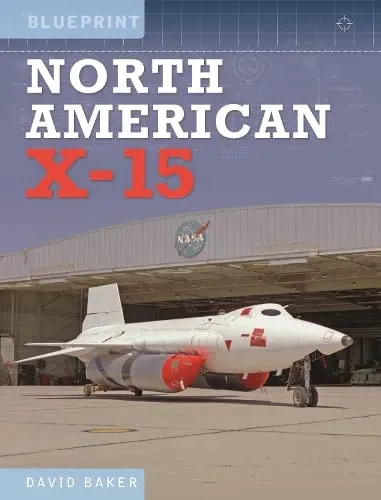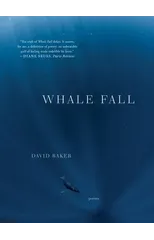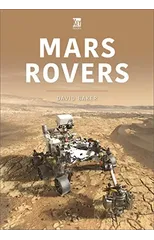Developed in the mid-1950s by the US military and operated by NASA between 1959 and 1968, the X-15s were the first rocket-powered hypersonic research aircraft. They made 199 flights and reached speeds in excess of 4,000 mph and altitudes above 270,000 ft, considered to be beyond the atmosphere and into the vacuum of space. The book begins with a description of the X-series aircraft research program started in the latter stages of the World War II, successfully pushing through the sound barrier for the first time in 1947. The X-15 was a great leap forward from the early X-series research aircraft and brought forward many new technologies, pioneering the use of attitude control thrusters, telemetry for real-time data transmission from sensors on the airframe and examining the optimum ways to re-enter the atmosphere. The X-15 did much to explore this design and applications of winged vehicles as future spacecraft, introducing science and engineering to the problems associated with reusable space vehicles capable of putting down on land rather than water as ballistic capsules did. It partnered research into 'Lifting Bodies', optimally shaped airframes which were the precursors to the Space Shuttle. Three X-15s were built and one was lost following re-entry from high altitude but the other two continued flying. A second airframe was severely damaged but rebuilt for exploring flight close to Mach 7. Several famous pilots flew the X-15, including Neil Armstrong, commander of Apollo 11 and the first man to walk on the moon.
David Baker
David Baker is an American poet, essayist, and educator known for his lyrical and introspective writing style. He has published numerous poetry collections, including "Changeable Thunder" and "Scavenger Loop," which explore themes of nature, memory, and the human experience. Baker's work often delves into the complexities of relationships and the interconnectedness of the natural world.
His contributions to literature have been widely recognized, earning him prestigious awards such as the Guggenheim Fellowship and the Theodore Roethke Memorial Poetry Prize. Baker's keen observations and evocative language have had a significant impact on contemporary poetry, inspiring readers and fellow writers alike.
One of his most famous works is "Never-Ending Birds," a collection that showcases his mastery of form and imagery. Through his poetic exploration of the world around us, David Baker continues to enrich the literary landscape with his unique voice and profound insights.






